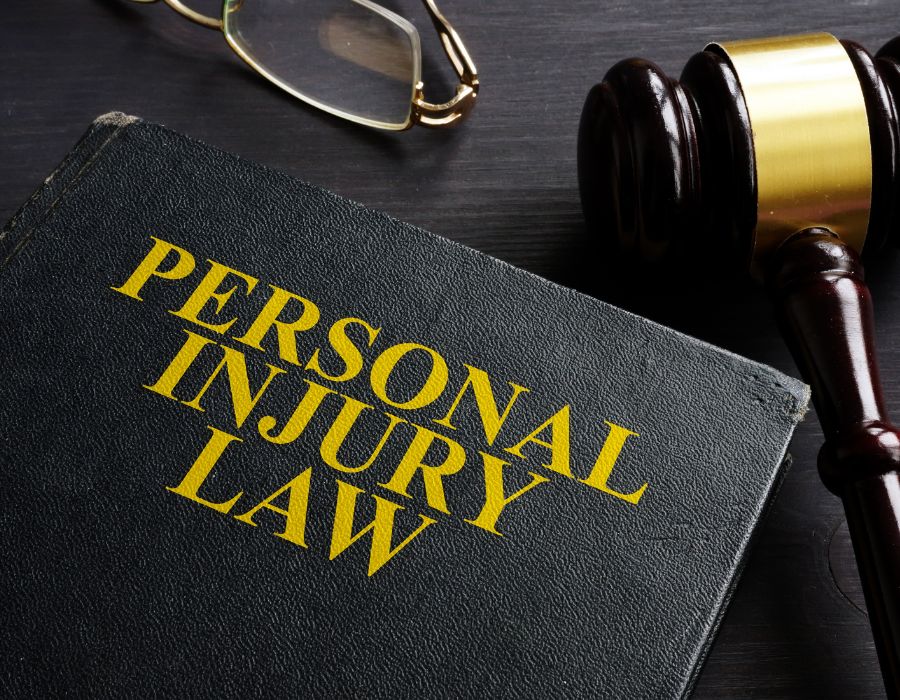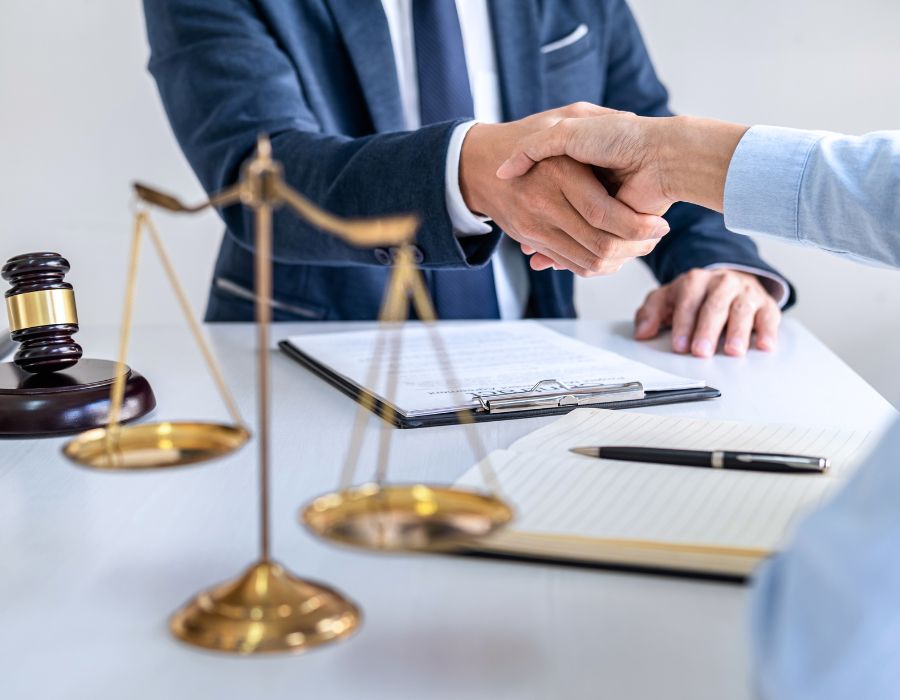The Lawyer’s Guide to Louisiana Personal Injury Law

As you gather materials for your personal injury claim after an accident, it’s vital to grasp the ins and outs of personal injury laws. Luckily, the expert personal injury lawyers at Gordon McKernan Injury Attorneys are here to support you when you’re ready to file your claim. Our skilled professionals will guide you through the complexities of legal processes, ensuring you’re well-prepared and supported every step of the way.
Understanding Louisiana Personal Injury Law
Understanding Louisiana’s personal injury law is about grasping the set of rules that dictate how individuals can seek justice and compensation when they’ve been harmed due to the negligence or intentional actions of others. This area of law covers a diverse array of scenarios, ranging from car accidents and workplace injuries to medical malpractice and more. Whether you’re navigating negotiations with insurance companies or considering a legal claim, having a solid understanding of Louisiana’s personal injury law can be instrumental in protecting your rights and securing the support you need during challenging times.
What Constitutes a Personal Injury?
In Louisiana, a personal injury happens when someone gets hurt emotionally, physically, or financially because someone else wasn’t careful or did something on purpose. This can cover lots of different situations, like:

- Car accidents are a major source of personal injury cases in Louisiana, with around 768 crashes reported in 2022. If you’re hurt in a car crash because another driver was careless, you might qualify for compensation for your losses.
- Slip and fall accidents occur when someone slips on an unsafe surface. Property owners are responsible for safety, so if you’re injured, know your legal rights.
- Medical malpractice occurs when healthcare providers, such as doctors or nurses, don’t give proper care, leading to harm or death. If you think you’ve been a victim, consulting an experienced injury attorney is crucial.
- Product liability involves holding manufacturers, sellers, or suppliers responsible for faulty products. If you’re harmed by a defective item, you might seek compensation from them.
- Wrongful death laws compensate families when someone dies due to another’s recklessness or intent. If you’ve lost a loved one this way, consulting a skilled injury attorney is wise.
Essentially, if you’ve been hurt or suffered losses because someone else acted carelessly or recklessly, it might be considered a personal injury under Louisiana law.
Navigating Time Limits for Compensation in Louisiana

Understanding the time limits for seeking compensation in Louisiana is crucial when it comes to personal injury cases. These time limits, known as the statute of limitations, define the window of opportunity within which you can file a legal claim after being injured.
In Louisiana, these limits vary depending on the type of case and can be complex to navigate. For instance, you typically have two years from the date of the injury to file a claim for most personal injury cases.
However, cases involving medical malpractice might allow up to three years from the date of discovering the injury. It’s important to grasp these timeframes because once they expire, you might lose your chance to seek compensation.
Establishing Your Case: Burden of Proof in Louisiana Personal Injury Law

Louisiana Personal Injury Law, establishing your case hinges on the concept of the burden of proof. This means that as the person making a legal claim, you bear the responsibility of presenting convincing evidence to demonstrate that the other party’s negligence or wrongful actions directly caused your injury.
In simpler terms, you need to show a solid connection between their actions and the harm you suffered. This burden rests on your shoulders throughout the legal process, from negotiations to potential court proceedings, emphasizing the importance of gathering and presenting compelling evidence to support your claims and secure the compensation you deserve.
Louisiana Personal Injury Law FAQs
How do I determine if I have a valid personal injury claim?
To know if you have a valid personal injury claim, check if someone else caused your injury through negligence or on purpose. Also, see if your injury led to costs like medical bills or lost wages. If these fit, talk to a personal injury lawyer to assess your claim properly.
Can I seek compensation for emotional distress in Louisiana?
Yes, you can seek compensation for emotional distress in Louisiana as part of a personal injury claim, but it typically requires showing that the distress resulted from a severe or traumatic incident and is linked to physical injuries or other tangible damages. Consulting a personal injury attorney can help you understand how emotional distress might factor into your specific situation.
What steps should I take immediately after an accident to protect my legal rights?
After an accident, it’s important to prioritize your safety and well-being first. Then, if you’re able, gather information and evidence from the scene, take photos, get contact details of any witnesses, and seek medical attention. These steps can help protect your legal rights by preserving crucial evidence and ensuring you have documentation for a potential personal injury claim.
How does comparative negligence affect my ability to recover damages?
Comparative negligence in Louisiana means that if you are partially responsible for your injury, your ability to recover damages might be reduced. The amount you can recover depends on the percentage of fault attributed to each party involved in the incident.
Is there a cap on the amount of compensation I can receive for my injuries?
In Louisiana, there isn’t a set limit on how much compensation you can get for your injuries in most personal injury cases. But, for certain cases like medical malpractice, there could be some restrictions, and what you receive may change based on your situation and the laws that apply.

